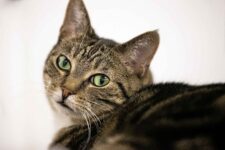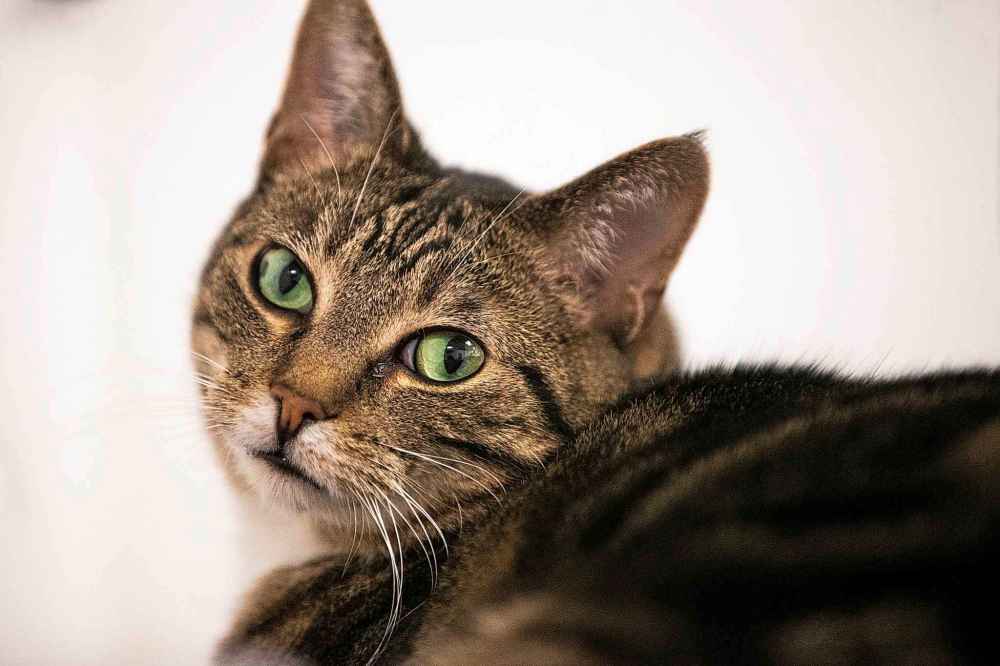
City eyes bylaw, funding changes to boost feral cat care – Winnipeg Free Press
Hey there, time traveller!
This article was published 04/01/2024 (238 days ago), so information in it may no longer be current.
Lynne Scott and the non-profit organization she founded that helps neuter Winnipeg’s feral cat population have spent the last 15 years hiding in plain sight.
Craig Street Cats has neutered more than 10,000 feral cats since it was founded in 2007 — but, under City of Winnipeg rules, it is breaking the law.
The city considers anyone who provides food or shelter for a cat to be its owner, and can be subject to fines related to “harbouring” the animal.

“We have always worked in the open while lobbying to have the bylaw changed,” Scott said Friday.
“At all of our seminars, we always have told people that under the current bylaw, technically, trap-neuter-return is not allowed. That if a neighbour complains, that they could have problems.”
That could change after Wednesday’s community services committee meeting at city hall, where councillors will discuss amending the responsible pet ownership bylaw.
A report from the Animal Services department recommends not only the bylaw be changed to legally allow community trapping, neutering and returning of feral cats, but the city should invest in a government-owned veterinary clinic to assist in those neuters and other animal care.
“Honestly, many veterinary clinics don’t want to deal with cats and traps. Fair enough, because they’re difficult to deal with. So even if people are openly seeking help, it’s sometimes been a challenge,” Scott said.
“Whereas now, if the bylaw amendment goes through, people will be able to openly ask the questions and get honest answers.”
Animal Services has long been aware of the trap-neuter-return community in Winnipeg, and proposed the amendment to both support it and insert some controls and requirements the civic agency can monitor (including keeping involved properties clean and being registered with a community cat management program).
“There’s a whole bunch of things that they need to do, so it doesn’t turn out to be somebody with 20 or 30 structures in their backyard,” Animal Services general manager Leland Gordon said.
“It needs to be reasonable, so that they’re considering the livability of their neighbours.”
The motion was spearheaded by Coun. Vivian Santos (Point Douglas), who has raised concern with the number of feral cats in lower-income neighbourhoods.
Community services committee chairman Coun. Evan Duncan, who will hear the proposal next week, said Animal Services is woefully underfunded.
“Funding, in general, for Animal Services has been highly under-served, and we’re now seeing those repercussions with overpopulation of dogs at Animal Services, we’re seeing the repercussions of feral cats in the community,” Duncan said.
The proposal will have to go to a wider city council meeting before a final decision is made.
Duncan said he will support the plan. “As I have quickly learned in my new role as councillor (Charleswood-Tuxedo-Westwood), there will always be pushback. But you got to make the right choice for the greater good.”
Animal Services currently has a “temporary clinic” in its building, where a vet comes in around one day a week to spay and neuter dogs in the city system. During the week, staff will drive dogs to local private vets for medical procedures.

Animal Services is seeking $90,000 to modify its building to include a proper clinic and equipment. The report adds the city would also have to increase its annual support funding by $100,000, starting in 2025, to fund approximately 500 surgeries a year.
“We’ll do our own surgeries, of course, but plus we would do more low-income surgeries in the community, there needs to be some funding to pay for all that… It’s a dream, to have this kind of stuff,” Gordon said.
Cat care in the city is contracted out to the Winnipeg Humane Society.
While it hosts low-income spay and neuter programs for both family-owned and feral cats, chief executive officer Jessica Miller said it’s impossible to keep up with demand.
“I see the opportunity for Animal Services to have a clinic as just one more player in the game, and offering services that we just can’t,” she said.
The Humane Society is processing around 6,600 animals annually — about 4,000 are cats.
Edmonton, Calgary and Toronto all have government-owned vet clinics in their animal services buildings.
If the proposal succeeds, this would be Winnipeg’s first.
At Animal Services, the average number of dogs in its building was 20 before the COVID-19 pandemic. Today, it has 32, with 30-40 coming in and out daily.
“We’re over-capacity, so it’s hard on the dogs, of course. More dogs in here, it’s stressful for the dogs… it’s just hard,” Gordon said.
“And this is the new norm. We’re not seeing our numbers drop.”
malak.abas@freepress.mb.ca

Malak Abas
Reporter
Malak Abas is a city reporter at the Free Press. Born and raised in Winnipeg’s North End, she led the campus paper at the University of Manitoba before joining the Free Press in 2020. Read more about Malak.
Every piece of reporting Malak produces is reviewed by an editing team before it is posted online or published in print — part of the Free Press‘s tradition, since 1872, of producing reliable independent journalism. Read more about Free Press’s history and mandate, and learn how our newsroom operates.
Our newsroom depends on a growing audience of readers to power our journalism. If you are not a paid reader, please consider becoming a subscriber.
Our newsroom depends on its audience of readers to power our journalism. Thank you for your support.



